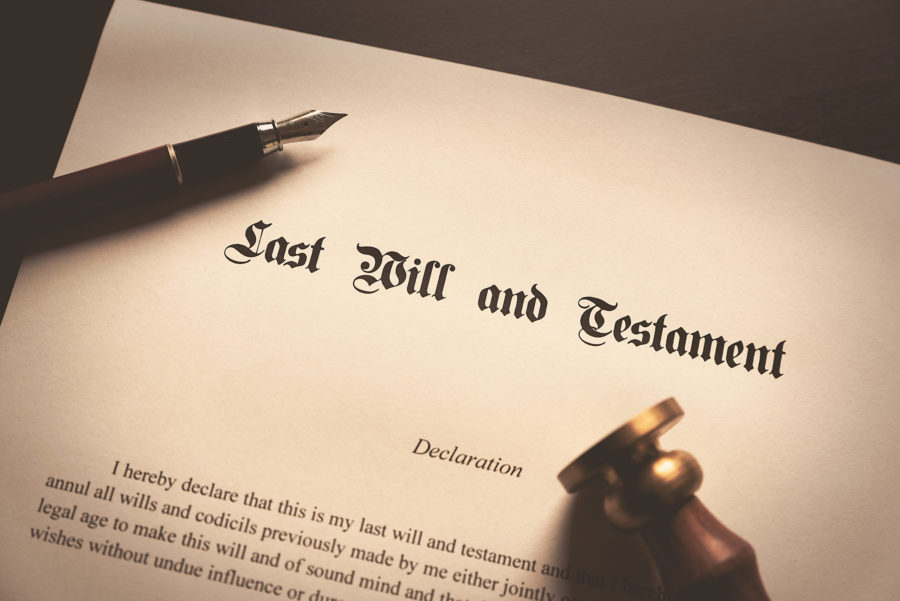
What Is a Power of Attorney, and Why Is This Document So Important?

Most people know how important it is to prepare a will so that their last wishes can be honored when they die, but what happens if you become incapacitated while you’re still alive? Who will make the key decisions involving your medical care and finances? Without proper planning, a situation like this can wreak havoc on your family and lead to many unhappy outcomes.
Thankfully, there’s a legal tool that can help you prepare for these situations: A power of attorney (POA). To learn more about what a power of attorney is and why it’s so important for you to have one, keep reading or contact the North Carolina estate planning attorneys at Mullen Holland & Cooper P.A.
What Is Power of Attorney?
Under North Carolina law, a power of attorney is a document that authorizes another party to make decisions on your behalf when it comes to your personal affairs. Depending on the specific language of the document, it can give someone broad discretion over your finances and other matters. They can also be more limited in scope, depending on your needs and wishes.
There are several different kinds of POA documents that suit different situations. Some common types are:
- Financial power of attorney – This document allows someone to manage your financial affairs, such as filing your taxes, paying your medical bills and other expenses, collecting any public benefits you may be owed, selling or buying an insurance policy on your behalf, hiring someone to represent you in court, and so on.
- Medical power of attorney – This designates someone to make decisions regarding your medical care on your behalf. This is what most people think of when they hear the term “power of attorney.” These documents are very helpful for making sure your health care wishes are followed if you’re ever incapacitated and can’t speak for yourself.
- Durable power of attorney – A durable POA is any power of attorney that provides for someone to manage your affairs after you’re incapacitated. The powers and discretion granted to the holder of the document will depend on how it’s written.
- Springing power of attorney – This is a specific kind of POA that “springs” into effect after a doctor has certified that you’re incapacitated. If you want to maintain control of your affairs for as long as possible, this may be the right document for you.
When Are POA’s a Good Idea?
It’s generally a good idea to have a POA in place regardless of your personal situation, as life is unpredictable and accidents can happen at any moment. However, there are certain people who should give it greater consideration, such as:
- Those with large or complicated estates
- People who travel a lot for work
- Members of the military
- Workers in hazardous jobs (police, firefighters, etc.)
- People who engage in extreme sports or other risky behaviors
Creating a Power of Attorney
A power of attorney needs to be created with great care. You want to be sure your wishes are clearly understood, and you need to be careful about who you designate to make decisions on your behalf. Furthermore, if the document is not drafted correctly, it could be challenged in court and dismissed, leading to the exact confusion you were trying to avoid by creating a POA in the first place. For this reason, we strongly recommend consulting with a lawyer when drafting any power of attorney agreement.
How Mullen Holland & Cooper Can Help
The North Carolina estate planning lawyers at Mullen Holland & Cooper P.A. can help you establish a POA for your situation and make sure it’s drafted correctly. Should you become incapacitated, we can ensure that the document finds its way to its intended recipient and that your wishes are carried out. We can also help you amend a power of attorney if your situation changes later in life.
If you need assistance, call our office at 704-864-6751 or visit our contact page for a confidential consultation.






